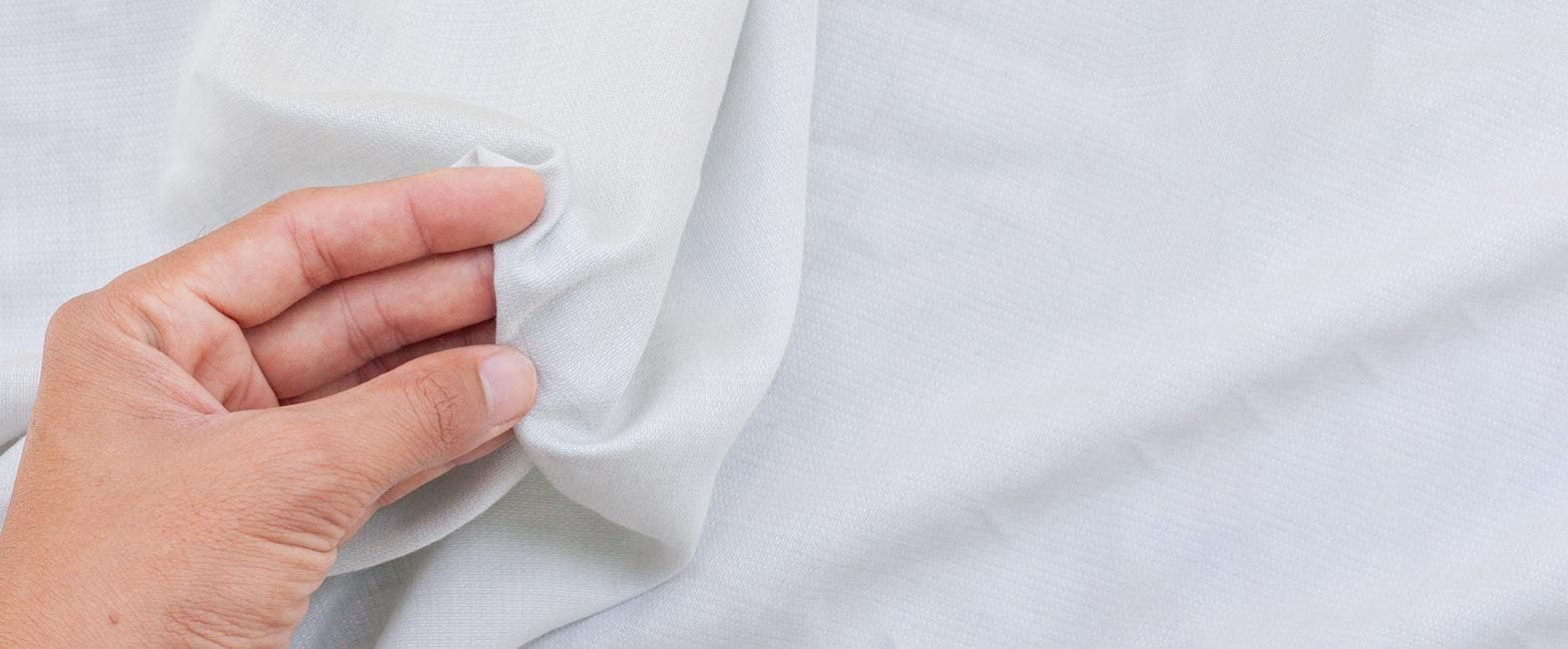When shopping for new bedding, either duvet and/or sheets, one of the most important factors to consider is thread count. It is important to note that not all high thread count bedding will feel soft. In this episode, let’s take a deep dive on thread count and we will guide you through understanding the thread count for bedding and what it means for your sleep.
What Is Thread Count?
Thread count refers to the number of horizontal and vertical threads woven into one square inch of fabric. It is a measure of the density of the fabric and can impact the quality and feel of your bedding. The higher the thread count, the more densely woven the fabric is, resulting in a buttery soft feel.
However, it is critical to note that thread count isn’t the only factor that determines the quality of bedding. Fibres, weave, and the finishing process plays a significant role in the quality.
What Is A Good Thread Count For Bedding?
Many shoppers believe that a higher thread count automatically means better quality of bedding. This is false. The optimal thread count for bedding depends on personal preference and the type of fibers used. A good rule of thumb, a thread count of 200 to 800 is considered good for bedding. Sheets with a thread count above 800 may have a denser weave, but they may not necessarily be more comfortable. Duvet shells with a thread count of over 280 thread count and above that’s filled with either goose or duck down are premium quality and durable. Whereas if the duvet is filled with feathers, the most ideal thread count is 240, anything above that the feathers will poke through the fabric.
Cotton is the most common material used for bedding, and it can have different thread counts. Highly prized Egyptian Cotton is known for its long and strong fibers that can be woven into high-quality single-ply fabric with a high thread count. Our Maxwell Sheets are a great example of this as it is soft Egyptian cotton fabric and comes in a variety of colours. On the contrary, lower quality cotton may have a higher thread count but feel rough to the touch.
It is important to check if the fabric is single-ply or multi-ply. Single-ply fabrics refer to fabrics that are woven from a single yarn or thread. In contrast, multi-ply fabrics are woven from multiple yarns twisted together. Single-ply fabrics tend to be lighter and more breathable than multi-ply fabrics. Our staple bedding collection only has single-ply fabrics and high-quality long staple cotton. Anything above 700 thread count are multi-ply fabrics that use poor quality cotton and tend to be rough to the touch, which makes them uncomfortable to sleep on.
Thread count is a useful tactic to consider when shopping for bedding, but it’s not the only factor to consider. Just remember that single-ply fabrics can be a great choice for those looking for high-quality, lightweight, and comfortable fabrics to sleep on. When looking for bedding, consider your personal preference, budget and sleeping needs. This is why there's a range of thread counts for single-ply fabrics that we offer. Ultimately, our single-ply fabrics are the best bedding for you that feels comfortable and helps you get a good night’s sleep. Oh and by the way, majority of our Sheets, Duvets, Pillows and Feather Beds are made in our atelier in East York, Ontario.

